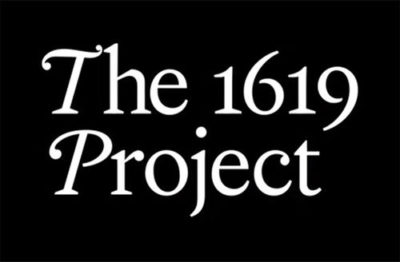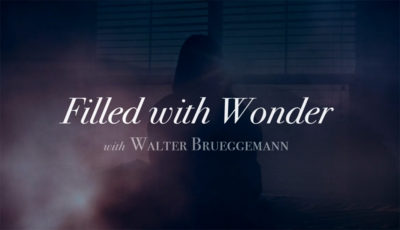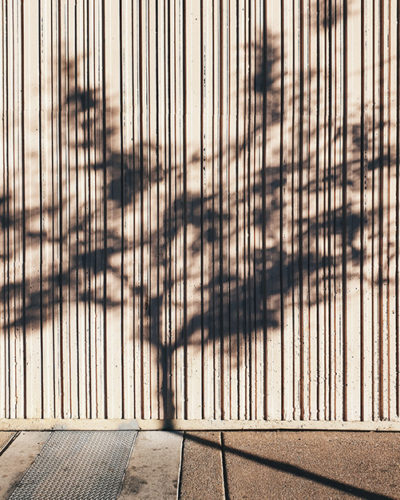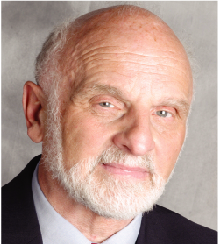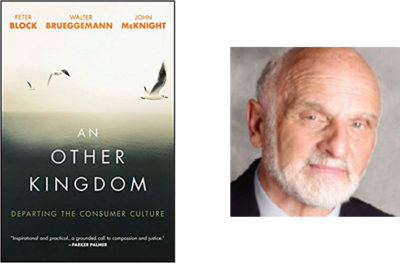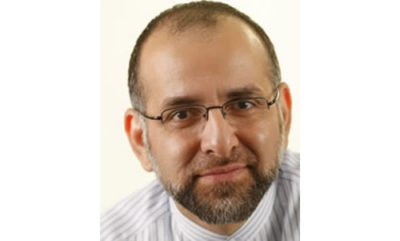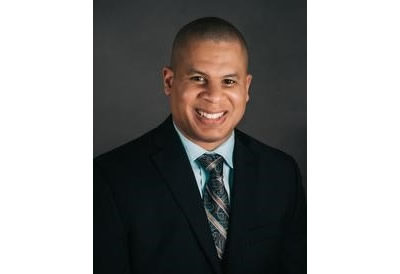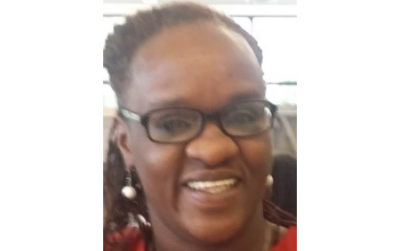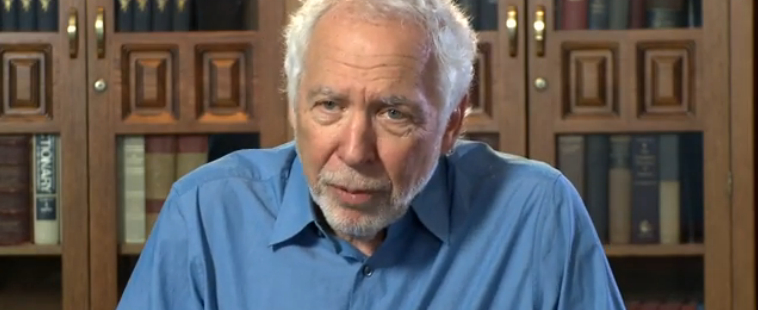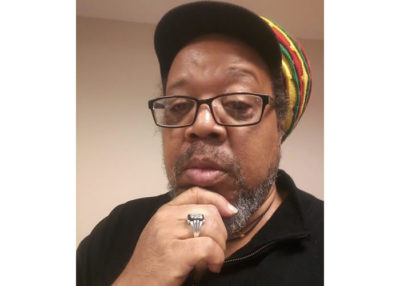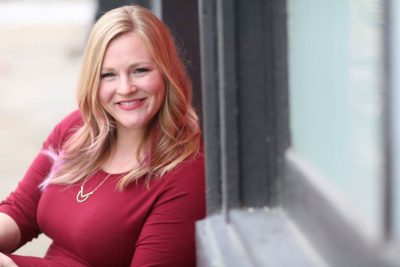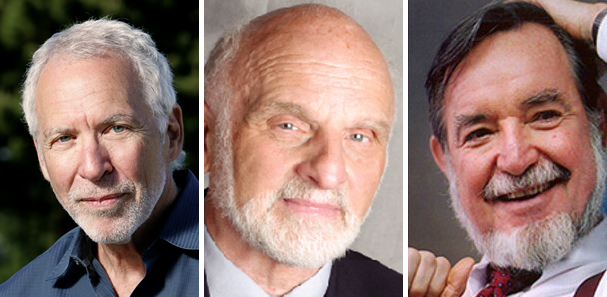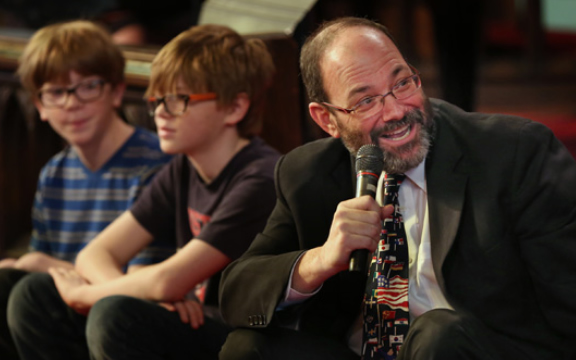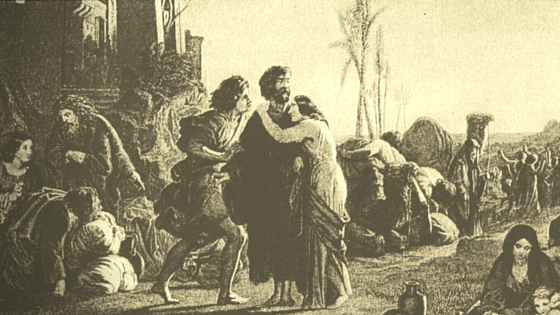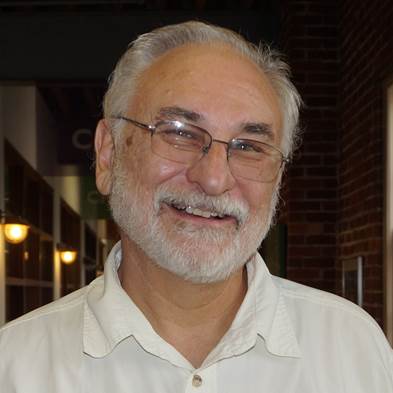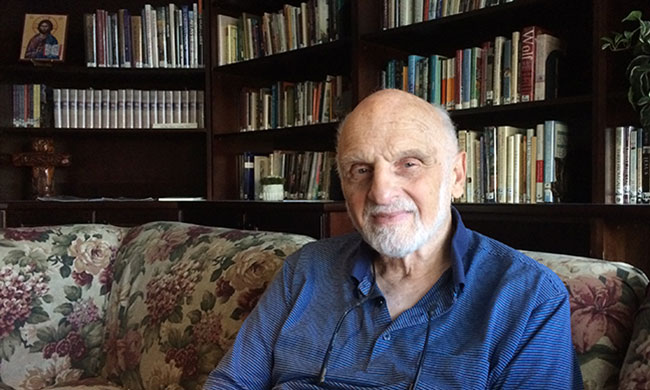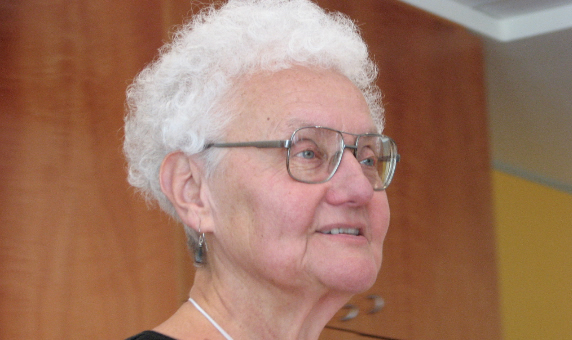Category Archives: Faith
Walter Brueggemann: Lament and Narratives
The 1619 Project
Filled with Wonder
Meditating on a Neighborly Economy
Consumerism and Jubilee
Bringing Forth Jubilee in 2019
Faith and Church with No Bricks and Mortar: Conversation with Father Joseph Kovitch
Since their book The Abundant Community came out, John McKnight and Peter Block have sought out those social innovators who are bringing alive the ideas about how neighbors and local institutions can come together to create care, kindness, and welcome. One of those innovators is Father Joseph Kovitch. Peter and John talked with him in June of 2018. They are still in touch with him and what he describes here is still vibrant today.
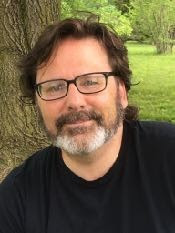
Father Joe was a priest of Saint Matthew’s Episcopal Community in Westerville, Ohio, who worshiped in an Irish pub and is currently on a university campus; they are also serving out of a community house nearby. He has been ordained for 30 years and has served in many ministries and missional environments, some of which include serving as leader of a large traditional congregation, leading a redevelopment merger of three congregations into a new mission, and, at this moment, serving as Diocesan Missioner for New Episcopal Communities in the Episcopal Diocese of Southern Ohio. Here is the conversation we had in 2018.
Listen to the Full Conversation:
The Parish in the Neighborhood
When we look at the Parish as a microcosm of all life’s dimensions, the conversation changes from traditional clergy talk of “butts, budgets and buildings,” to: What is God up to in our places, and how do we join in with that? Listen to Paul Sparks, Co-founding Director of the Parish Collective, discuss with Peter Block and John McKnight in this conversation:
From an Extractive to Neighborly Economy
Walter Brueggemann shares insight on today’s economy of extraction, a modern version of Pharaoh’s economy. The extractive economy is abnormal and the enemy of God’s intention for our neighborhood and our common humanness. Brueggemann describes to participants at the Conspire Gathering how when people left Pharaoh into the wilderness life supports were given. Listen:
Another Other Kingdom
Living into an Abundant Economy
Walter Brueggemann: Pharaoh’s Economy Today
On Finding Freedom
Debt and Usary in Islam
Visions of a Just Economy
Jubilee is an attempt to be a “ray of light that pierces through the darkness of fear,” says Adam Clark. In this audio recording, Adam, Associate Professor of Theology at Xavier University, talks with Peter Block about the modern vision of Jubilee – a biblical metaphor based on a period of economic re-distribution where slaves are set free, land is returned to its original owners and debts are forgiven.
Adam talks about the ideology of consumerism as a form of religion, the politics of disposability, distributing ownership and more in this radical conversation. Listen here:
Quotes:
“What’s so kind of remarkable about the consumer religion is that it’s not attached to any place. It’s all over. Any place is interchangeable . . . . The religion is something that thrives in homogenizing global culture.” – Adam Clark
“A beloved community is where everybody has some control over their economic lives and participates in the economy. That’s just never happened.” – Peter Block
Related Links:
View these videos of Adam Clark in conversation with Peter Block:
https://www.restorecommons.com/jubilee-professor-adam-clark/
https://www.restorecommons.com/professor-adam-clark/
Residents Collaborate for Change
“We are here to change the paradigm, how you think, about public housing residents,” says Lashkela “Nikki” Steele, the Parliamentarian and Service Coordinator for J-Rab (Jurisdiction Resident Advisory Board) Inc. J-Rab advocates for social justice and represents more than 15,000 public housing residents.
Nikki shares how J-Rab’s business and service coordination center is working through the six “p’s” to prosperity. The first task is planning and looking at residents who have capacities and skills that are marketable. They are bringing resident-owned businesses together and supporting them. “There is good every single day that goes on (in public housing),” she says.
A mother of three and grandmother of 11, Nikki is a Sullivan Community College graduate and aspires to receive a Bachelor’s and then Master’s degree. Listen to her talk at the “Sanctuary as Jubilee” Community Forum and Conversation:
Changing the Neighborhood Conversation
Part of Jubilee work is to change the narrative away from the predominant culture where people who don’t have wealth are considered broken. Peter Block says reconstructing our language and thinking involves changing how neighborhoods are measured.
He’s working on an economic neighborhood vitality index that measures the economic productivity of citizens and neighborhoods that are traditionally called broken, poor or untrained. Questions such as: What are you good at? What do you make/fix/care for? Where do you get money if you need to borrow it?
“That’s the real Jubilee idea,” says Peter, convener of the Jubilee Circle. “It’s not we’re going to write out a check and forgive the debts. It’s that we’re going to re-construct the narrative of who these neighbors are.”
He also shares about the need to welcome and get connected with people who are strangers. Peter was one of the speakers at The Economics of Compassion Initiative’s “Sanctuary as Jubilee” Community Forum and Conversation. Listen to more:
Personal Jubilee Journey
Cincinnati resident Ras TafarI shares about his own path to Jubilee and involvement with his building’s J-Rab (Jurisdiction Resident Advisory Board) – which advocates for social justice and represents more than 15,000 public housing residents. He shares about the impact of getting involved in J-Rab meetings, learning about being a section three resident and making community connections.
Listen to more of his story from The Economics of Compassion Initiative’s “Sanctuary as Jubilee” forum:
Faith Communities Form Sanctuary Movement
How does the world we live in give rise to the need for sanctuary as Jubilee? In response to vulnerable community members and undocumented immigrants the Cincinnati faith community is knitting together a sanctuary movement, with roots after the Hebrew scriptures cities of refuge. Places of worship are viewed as a safe place, and 17 congregations are offering sanctuary.
Rev. Troy Jackson, Executive Director at the AMOS Project and former Senior Pastor at the University Christian Church, discusses how Jubilee involves a restoration of property and place and equalizing.
Listen to Rev. Jackson’s message from the Economics of Compassion Initiative’s “Sanctuary as Jubilee” forum:
Rabbi Practices Debt Forgiveness with Congregation
An Other Kingdom: The Background
Coauthors of An Other Kingdom, Walter Brueggemann, John McKnight, and Peter Block, talked with Peter Pula and Michelle Strutzenberger (Axiom News) about the new book. They describe how the three of them came together and why the religion of consumerism needs serious rethinking.
Credit: TalkShoe
From Charity to Empowerment
Jubilee Forum 1 – Walter Brueggemann
Jubilee Forum 1, August 13, 2015
Walter Brueggemann, retired (supposedly) Old Testament Scholar and author, speaks to our relationship with money. He speaks to the exodus story and the wilderness from the Old Testament and the Pharaoh economy. It is about our passion for austerity and the possibility of creating an alternative.
Jubilee Forum 1 – Tim Kraus
Jubilee Forum 1, August 13, 2015
This begins with Tim Kraus giving the context for the Economics of Compassion Initiative Jubilee Forum Series.



